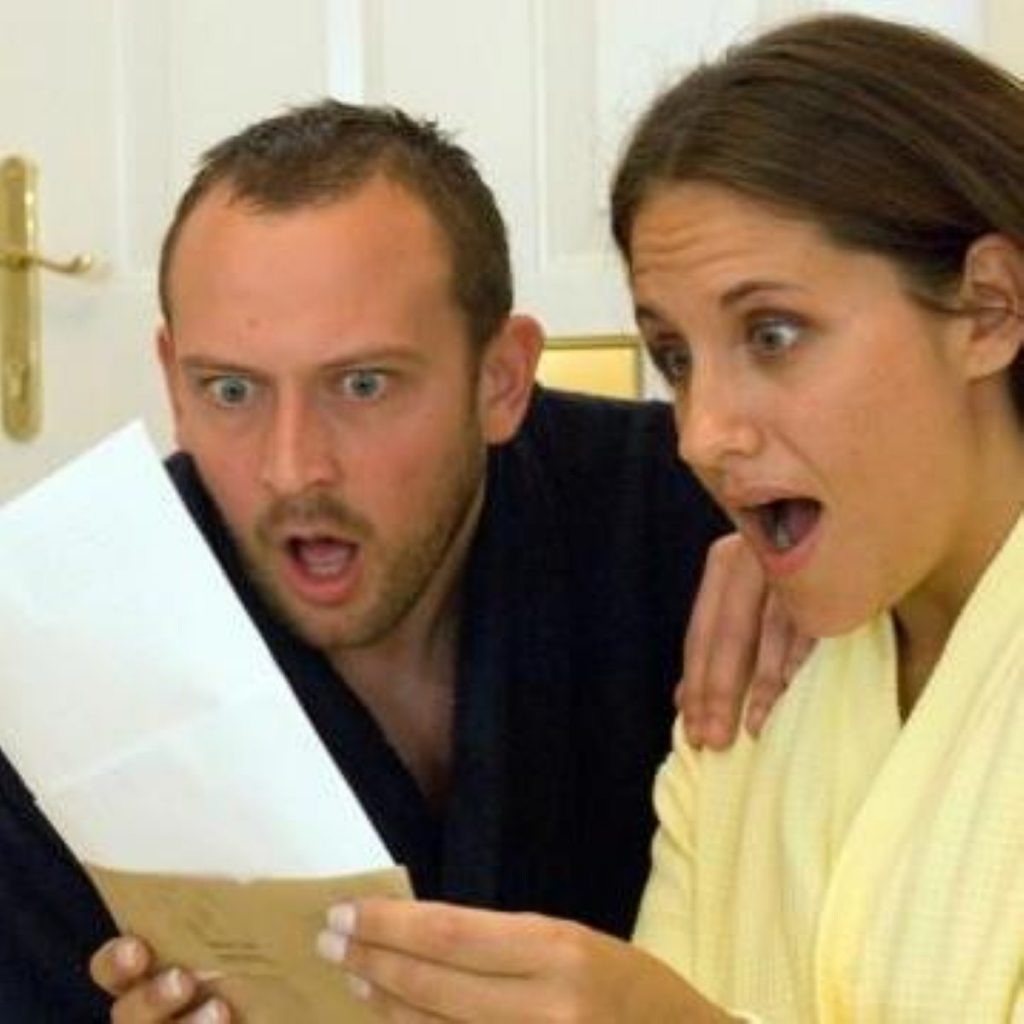Council tax bills to rise 3 per cent
By politics.co.uk staff
Council tax bills across England will rise by three per cent in the coming year – a drop on previous estimates.
The Local Government Association (LGA) has revised its estimates for council tax increases down from the previous forecast of 3.5 per cent, as local authorities are revising their budgets.
Average bills for 2009/10 are now set to be £1,414.


The LGA claims the three per cent increase is the lowest rise in over a decade – and comes despite increased pressure on services as the recession hits.
The body representing England councils also warns council income is projected to fall by £2.5 billion next year.
Margaret Eaton, LGA chairman, said: “Money is tight for everyone and nobody likes paying more council tax and that is why town halls are making enormous efforts to keep bills down.
“Councils are responding to the fact that people are feeling the pinch and are revising down this year’s council tax rises.”
She added money that councils earn from services they charge for is falling sharply at a time when demand on their services is rising.
“From a rise in homelessness to more people needing debt advice, councils are reporting a huge uptake in their services. Town halls are having to tighten their belts in exactly the same way as hard-pressed families are,” Ms Eaton said.
Local government minister John Healey said: “It is right that councils do all they can to help people through these tough economic times – including keeping any council tax down.
“There is no excuse for excessive council tax rises or service cuts, and I have made clear that we will take capping action where necessary to protect council taxpayers.”
Mr Healy went on to claim local authorities had benefited from the first-ever three-year settlement, giving them the stability to plan ahead and manage their budgets effectively.
“Next year, they will receive a 4.2 per cent increase in grants, with more funding strings removed so that money can be used as they see fit to meet local needs and priorities,” he said.
Julia Goldsworthy, Liberal Democrat local government spokesperson, said: “Councils are making tough decisions because they recognise that council tax continues to hit those on low and fixed incomes the hardest.
“The government should follow their example and do more to cut the tax burden on those on the lowest incomes.”
She added: “The unfair council tax must be scrapped and replaced with a fair tax based on the ability to pay.”
The LGA research show councils are particularly hit by the collapse of the property market.
With fees earned from property searches falling by 45 per cent, and planning fees down by 17 per cent. Capital receipts from money that councils earn from property or land is projected to fall by £1.8 billion.
The fall in interest rates is also hitting councils – with income from interest on money deposited by local authorities expected to fall by 44 per cent or £600m in the next financial year.












